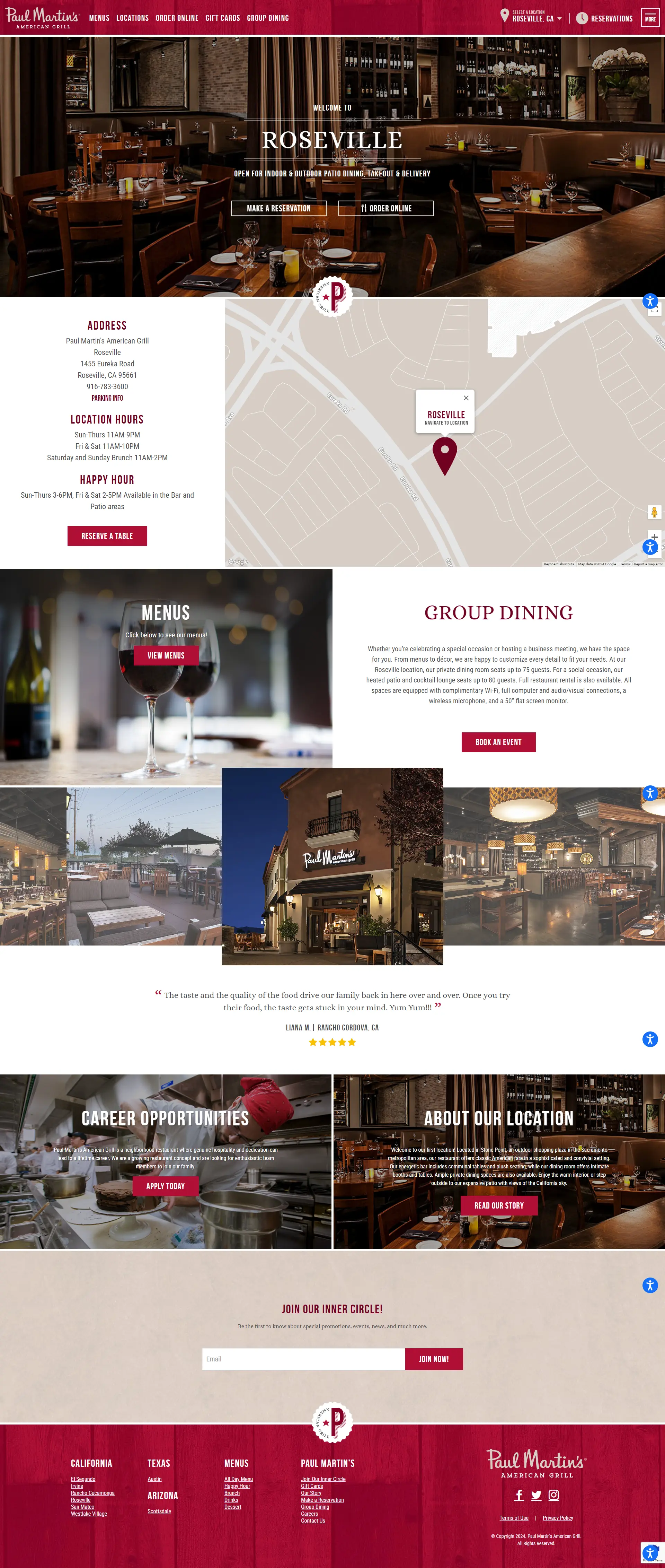Artificial intelligence (AI) is no longer science fiction. It’s a present-day reality that’s rapidly integrating into our daily lives. From virtual assistants to self-driving cars, AI is transforming industries and reshaping the way we interact with technology. But who is embracing this technological revolution? Let’s delve into the demographics of AI usage.
The Rise of AI Adoption
The adoption of AI has been steadily increasing across various age groups and demographics. Recent studies show that:
- Millennials and Gen Z: These generations have grown up with technology and are more likely to embrace AI. They are comfortable using AI-powered tools for tasks like online shopping, streaming services, and social media.
- Older Adults: While initially less familiar with technology, older adults are increasingly adopting AI. They are finding AI helpful for tasks like managing their finances, staying connected with loved ones, and accessing healthcare information.
- Professionals: AI is becoming an essential tool for professionals in various fields. From marketers
and designers to engineers and scientists, AI is being used to streamline workflows, improve efficiency, and drive innovation. - Businesses: Companies of all sizes are recognizing the potential of AI to improve their operations and gain a competitive edge. AI is being used for tasks such as customer service, data analysis, and product development.
Factors Driving AI Adoption
Several factors are contributing to the widespread adoption of AI:
- Accessibility: AI-powered tools and services are becoming increasingly accessible and affordable, making them available to a wider audience.
- Ease of Use: AI technology is designed to be user-friendly, making it easy for people of all ages and technical abilities to use.
- Benefits: AI offers numerous benefits, including increased efficiency, improved decision-making, and enhanced customer experiences.
- Cultural Shifts: As society becomes more tech-savvy, there is a growing acceptance and even expectation of AI in our daily lives.
Frequently Asked Questions About AI (Artificial Intelligence
Consider factors such as features, cost, reputation, and MLS compatibility when selecting an IDX provider.
Consider factors such as features, cost, reputation, and MLS compatibility when selecting an IDX provider.
Choosing the right Real Estate IDX provider is crucial for the success of your brokerage’s online presence. Here are some key factors to consider:
- Features: Evaluate the features offered by different providers, such as property mapping, virtual tours, advanced search options, and integration with other tools.
- Cost: Compare pricing plans and fees to find a provider that fits your budget. Consider factors like upfront costs, monthly fees, and additional charges for customization or support.
- Reputation: Research the reputation of different providers by reading reviews and testimonials from other real estate professionals.
- MLS Compatibility: Ensure that the provider is compatible with your local MLS and can integrate seamlessly with your existing systems.
- Support & Customization: Consider the level of support and customization options offered by the provider. A responsive and knowledgeable support team can be invaluable.
- Scalability: If your brokerage is growing, choose a provider that can accommodate future expansion and increased traffic.
By carefully evaluating these factors, you can select a Real Estate IDX provider that meets your brokerage’s specific needs and helps you achieve your online marketing goals.
Optimize your Real Estate IDX website by using relevant keywords, creating high-quality content, and ensuring proper technical SEO.
Optimize your Real Estate IDX website by using relevant keywords, creating high-quality content, and ensuring proper technical SEO.
Optimizing your Real Estate IDX-powered website for search engines can help you attract more organic traffic and generate more leads. Here are some key strategies:
- Keyword Research: Identify relevant keywords related to real estate, your local area, and the types of properties you specialize in. Incorporate these keywords naturally throughout your website’s content, including titles, headings, and descriptions.
- High-Quality Content: Create informative and engaging content, such as blog posts, property descriptions, and neighborhood guides. This will help improve your website’s authority and relevance in the eyes of search engines.
- Technical SEO: Ensure your website is technically optimized by addressing issues like site speed, mobile-friendliness, and proper indexing.
- Local SEO: Optimize your website for local search by including your business address, phone number, and NAP (Name, Address, Phone) information.
- Backlinks: Build high-quality backlinks from reputable websites to improve your website’s authority and search engine rankings.
By implementing these SEO strategies, you can enhance your Real Estate IDX website’s visibility in search engine results and attract more potential clients.
Real Estate IDX technology connects brokerage websites to the MLS, allowing them to display listings in real time.
Real Estate IDX technology connects brokerage websites to the MLS, allowing them to display listings in real time.
Real Estate IDX works by establishing a connection between a brokerage website and the MLS they are a member of. This connection is typically achieved through an API or data feed, which allows the brokerage website to retrieve and display MLS listings in real time.
Here’s a simplified breakdown of the process:
- MLS Integration: The brokerage sets up a connection with their local MLS using the specified API or data feed.
- Data Retrieval: The brokerage website retrieves MLS listings from the data feed, including property details, images, and other relevant information.
- Display on Website: The retrieved listings are then displayed on the brokerage’s website in a user-friendly format, often with search and filtering options.
- Real-Time Updates: The IDX system ensures that listings are updated in real time, reflecting any changes made in the MLS.
It’s important to note that IDX technology often involves customization and integration with other website features, such as property mapping and virtual tours. This ensures a seamless and engaging experience for website visitors.
Common challenges include cost, integration complexity, and compliance with MLS regulations.
Common challenges include cost, integration complexity, and compliance with MLS regulations.
While Real Estate IDX offers many benefits, there are some potential challenges to consider:
- Cost: Implementing Real Estate IDX may involve initial costs for the software or service, as well as ongoing maintenance and support fees.
- Integration Complexity: Integrating IDX with your existing website design and features can require technical expertise and time.
- MLS Regulations: Compliance with MLS rules and regulations is essential to ensure accurate and authorized display of listings.
- Data Quality: The quality of the data provided by the MLS can impact the accuracy and usefulness of the listings displayed on your website.
- Customization: Customizing the IDX interface to match your branding and website design may require additional effort or cost.
Despite these challenges, the benefits of Real Estate IDX often outweigh the drawbacks. By carefully considering these factors and working with a reputable IDX provider, you can successfully implement IDX and enhance your brokerage’s online presence.
Real Estate IDX offers increased visibility, improved lead generation, and a more engaging user experience.
Real Estate IDX offers increased visibility, improved lead generation, and a more engaging user experience.
Using Real Estate IDX for your brokerage website can provide several significant benefits:
- Increased Visibility: By showcasing a wider range of listings, you can attract more potential buyers to your website, increasing your visibility in the market.
- Improved Lead Generation: Real Estate IDX can help you generate more leads by providing a convenient and user-friendly way for potential buyers to search for properties.
- Enhanced User Experience: Visitors to your website can easily browse and search for properties, making it a more engaging and valuable experience.
- Branding & Marketing: IDX allows you to showcase your brokerage’s brand and expertise alongside MLS listings, building trust and credibility.
- Competitive Advantage: By offering a more comprehensive and up-to-date listing database, you can differentiate yourself from competitors.
Overall, Real Estate IDX can be a valuable tool for enhancing your brokerage’s online presence and attracting more clients.
Real Estate IDX (Internet Data Exchange) allows brokerage websites to display listings from the Multiple Listing Service (MLS).
Real Estate IDX (Internet Data Exchange) allows brokerage websites to display listings from the Multiple Listing Service (MLS).
Real Estate IDX, or Internet Data Exchange, is a technology that allows brokerage websites to display listings from the Multiple Listing Service (MLS) they belong to. It essentially creates a data feed that brings MLS listings onto a broker’s website. This empowers real estate agents and brokers to showcase a wider range of properties to potential buyers, increasing their reach and attracting more leads.
Here are some key benefits of Real Estate IDX:
- Enhanced User Experience: Provides a seamless search experience for potential buyers who can browse properties directly on a brokerage’s website.
- Increased Visibility: Allows brokers and agents to showcase more listings, making them more competitive in the market.
- Improved Lead Generation: Attracts potential buyers who might not have otherwise visited the brokerage website, increasing lead generation opportunities.
- Branding & Marketing Power: Enables brokers to showcase their expertise and brand alongside MLS listings.
However, it’s important to note that displaying listings through IDX comes with specific regulations set by the National Association of Realtors (NAR). These include requiring seller consent and ensuring listings are displayed accurately.
By utilizing Real Estate IDX effectively, real estate professionals can significantly enhance their online presence, attract new clients, and ultimately close more deals.
The Future of AI – Don’t Get Left Behind
The future of AI is bright, with endless possibilities for innovation and growth. As AI technology continues to evolve, we can expect to see even more widespread adoption and integration into our daily lives. But with this shift, the question remains: is your business prepared?
Here at MNKY.agency, we understand the power of AI and its impact on search behavior. We specialize in optimizing your online presence for AI-powered searches, ensuring your business is visible when potential customers are using AI assistants (like Google Gemini, or Chat GPT) or voice search (like Alexa or SIRI). Don’t get lost in the ever-evolving search landscape get listed on AI & voice search today
Contact MNKY.agency today and let’s get your business listed in the AI results! We’ll help you harness the power of AI to reach new customers and stay ahead of the curve. Book a free consultation today.















